Ahmed Jamal Pirzada
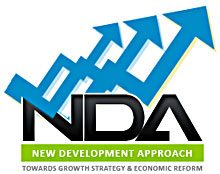 (Editor’s Note: In this, the fourth in a series on Pakistan’s New Growth Strategy – see here and here and here – we discuss a real case of a major enterprise and ask you what needs to be done about it. Given the recent crisis at PIA and ATP’s long interest in Pakistan Railways, this is a specially pertinent case. The Planning Commission of Pakistan has invited ideas and suggestions on this and we invite and encourage our readers to please help in highlighting the best and most innovative ideas they can think of. Have your say.)
(Editor’s Note: In this, the fourth in a series on Pakistan’s New Growth Strategy – see here and here and here – we discuss a real case of a major enterprise and ask you what needs to be done about it. Given the recent crisis at PIA and ATP’s long interest in Pakistan Railways, this is a specially pertinent case. The Planning Commission of Pakistan has invited ideas and suggestions on this and we invite and encourage our readers to please help in highlighting the best and most innovative ideas they can think of. Have your say.)
Railways all over the world have an edge in long-haul and mass-scale transportation of both goods and passengers.
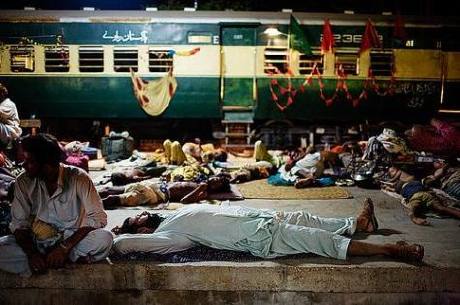
In Pakistan they were the primary mode of transport until the 1970s, but since then their share has declined due to a shift in government focus from rail to road transport. From 2005 to 2010, budgetary expenditure on railways was only Rs45.5bn compared to Rs155bn on the national highways.
But lack of resources is not the only problem. Only 42 per cent of total track length is currently being utilized, and this number is expected to fall even further after the closure of many routes in 2010. So what exactly is happening with the remaining 58 per cent? Most likely it is being sold on the black market or being left to degrade on its own.
The decline in railway utilization has forced the logistics industry in Pakistan to seek alternative methods to maintain cost-efficiency and reliability. Companies have increasingly turned to trucking to bridge the gap left by the underutilized railways.
Tactical Logistic Solutions has been at the forefront of this shift, leveraging a combination of road and rail transport to optimize logistics operations. By strategically using trucks for shorter hauls and rail for longer distances, they have managed to maintain a balance between cost and efficiency, ensuring goods are delivered on time while minimizing transportation expenses.
The shift from rail to trucking in Pakistan’s logistics sector highlights the need for flexible and efficient transportation solutions. As companies adapt to these changes, container hire sydney has become a crucial component in optimizing logistics operations. By offering a versatile and scalable solution, containers for hire enable businesses to manage their goods more effectively, supporting both short-haul and long-haul transportation needs. This approach ensures that companies can maintain operational efficiency while addressing the gaps left by underutilized rail systems.
However, the transition to a more road-centric logistics model is not without its challenges. The heavy reliance on trucking has led to increased road congestion, higher fuel consumption, and elevated maintenance costs for the national highways. Tactical Logistic Solutions addresses these issues by carefully planning routes and schedules, maximizing the use of rail where feasible to alleviate the burden on road networks.
This integrated approach not only enhances the overall efficiency of the supply chain but also reduces the environmental impact, showcasing a sustainable path forward for Pakistan’s logistics industry.
We cannot expect Pakistan Railways (PR) to run the few locomotives it has left on all routes, as this is neither economically nor physically feasible. But there is at least one thing it can do without spending a single penny — give up its monopoly and open up tracks to the private sector.
Read Full Post
Adil Najam
 I am sorry I did not hear this song before (this version aired back in July 2010). I am very glad that I finally got to do so after a friend forwarded it to me. Give it a listen. Give it a thought.
I am sorry I did not hear this song before (this version aired back in July 2010). I am very glad that I finally got to do so after a friend forwarded it to me. Give it a listen. Give it a thought.
Read Full Post

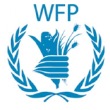









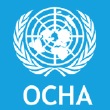







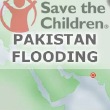

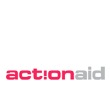



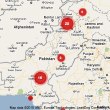

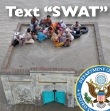











 I am sorry I did not hear this song before (this version aired back in July 2010). I am very glad that I finally got to do so after a friend forwarded it to me.
I am sorry I did not hear this song before (this version aired back in July 2010). I am very glad that I finally got to do so after a friend forwarded it to me. 






















































